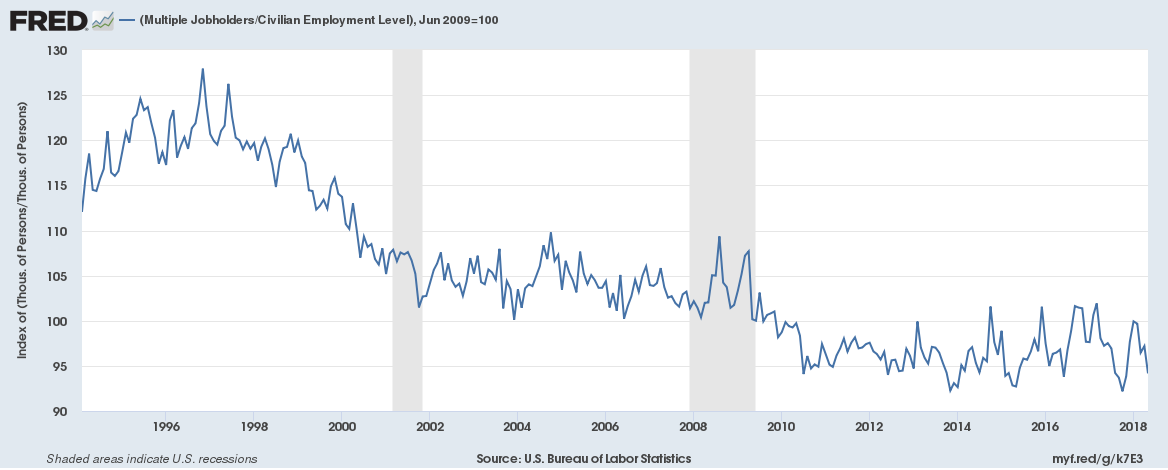November 05, 2016
It’s often said that economists are not very good at economics. (How else could they miss the $8 trillion housing bubble that sank the economy?) Anyhow, we are getting another case proving this point in the discussion of the acceleration of wage growth following the release of the October employment report.
While it does seem that there is a modest uptick in the rate of growth of the average hourly wage, this appears to be almost entirely due to the fact that we are seeing a shift from non-wage compensation (mostly health care) to wages. This was one of the goals of Obamacare, as it was hoped it would slow the growth of health care costs, leaving more money to go into workers’ paychecks.
This is still good news for workers (if the quality of their health care insurance is not deteriorating), but it is a substantially different story from one in which tighter labor markets are leading to a more rapid growth in compensation. In the latter case, there is at least an argument for the Fed to be concerned about the risk of inflation and to raise rates. However, it doesn’t make sense for the Fed to be thinking about raising interest rates and slowing job growth just because employers are shifting compensation from health care to wages.
Here’s the picture for the last five years. (The graph shows the annualized rate of change each quarter.)

I can’t see any acceleration in this picture. I guess that’s why I’m not at the Fed.







Comments